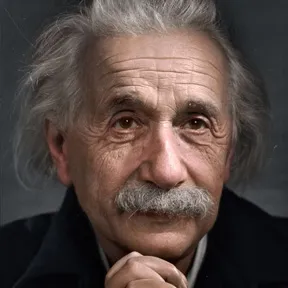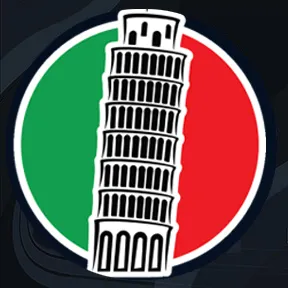Vox | How Streaming Caused the TV Writers Strike
The way scripted television gets made today has transformed the careers of writers.
Thousands of television and film writers who are part of the Writers Guild of America are in the middle of a historic strike.
They're forming picket lines in front of studios, and productions in New York and Los Angeles and shutting down active sets.
The last time they went on strike was 15 years ago — when streaming’s impact on the film and television industry was only just taking shape.
This time around, they are striking for better residuals and rights against the looming threat of AI, among other concerns.
At the core of this dispute is streaming and how it's revolutionized the industry.
Companies like Netflix, Hulu, Apple TV+, and more have given consumers an unprecedented array of films and TV shows and opened the door to new voices that don’t have to adhere to mainstream network formats.
On the other hand, streaming has also changed how television gets produced, the role writers play, and how they get paid.
We interviewed four television writers and showrunners about how streaming has changed how they work, how their incomes have taken a hit, and why it has become harder than ever to build a career.














































